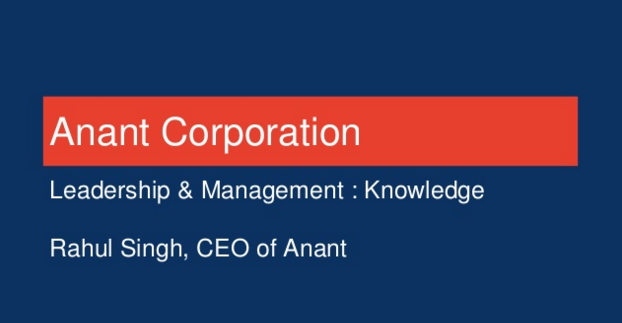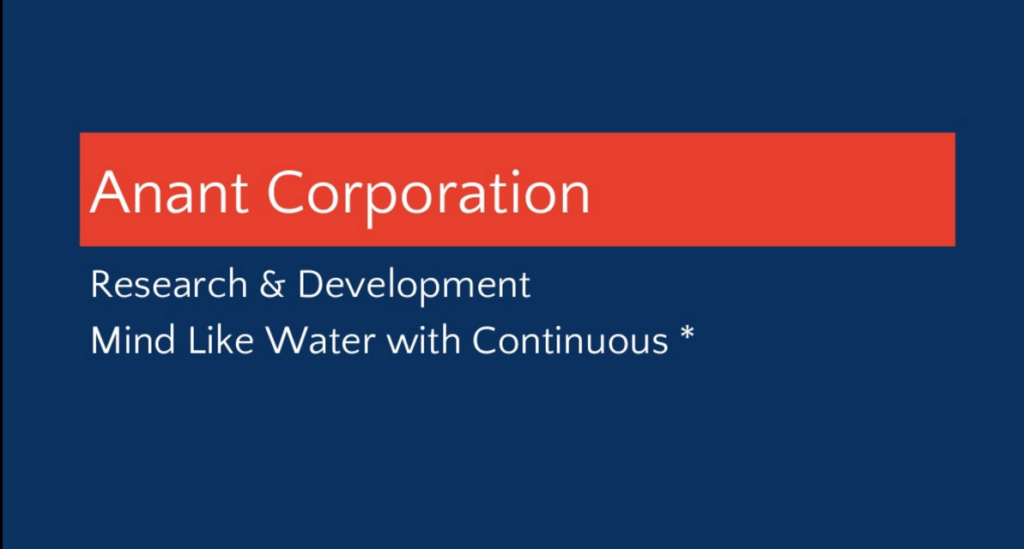Choosing the right data engineering vendor for your business is an important decision that can have a significant impact on your operations and bottom line. With so many options available, it can be challenging to determine which vendor is the best fit for your specific needs. In this comprehensive guide, we will explore the key factors to consider when choosing a data engineering vendor and provide a fair assessment of Databricks, one of the leading vendors in the space, using Anant’s Playbook principles and our data lifecycle management toolkit.
What are your needs?
First, let’s consider some of the key factors to keep in mind when evaluating data engineering vendors. One of the most important considerations is the vendor’s technology stack and how it aligns with your needs. Does the vendor offer the tools and capabilities that you require for your data management and analysis needs? Do they use the latest technologies and adhere to modern data management principles, such as those outlined in Anant’s Playbook?
Another crucial factor to consider is the vendor’s ability to support your business operations in the long term. Will the vendor be able to scale with your business and adapt to your changing needs? Are they committed to providing ongoing support and maintenance for their products? These are all critical questions to ask when evaluating potential data engineering vendors.
Databricks Pros and Cons
When it comes to Databricks, there are several strengths and weaknesses to consider. On the positive side, Databricks is a powerful data engineering platform that is widely used and respected in the industry. They offer a comprehensive set of tools for data management, analysis, and machine learning, all of which are built on top of the Apache Spark framework. Databricks also has a strong ecosystem of partners and integrations, making it easy to connect with other technologies and services.
However, there are also some potential drawbacks to using Databricks. One of the most significant is the cost. Databricks can be quite expensive, particularly for smaller businesses or those with limited budgets. Additionally, Databricks has a relatively steep learning curve, which can make it challenging to get up and running quickly.
Anant’s Playbook and DLM toolkit
At Anant, we believe that every business is unique, and there is no one-size-fits-all solution when it comes to data engineering vendors. That’s why we have developed our DLM toolkit, which is designed to be flexible and adaptable to a wide range of needs and use cases. Our toolkit incorporates the principles of Anant’s Playbook, including distributed, real-time, extendable, automated, and monitored, and leverages the latest technologies, including Spark, Airflow, Kafka, Terraform, Ansible, Prometheus, and Grafana.
In conclusion, choosing the right data engineering vendor is a critical decision that requires careful consideration of a wide range of factors. By keeping the principles of Anant’s Playbook in mind and using our data platform toolkit, you can evaluate vendors more effectively and make an informed decision that aligns with your business needs. And while Databricks is a strong and respected vendor in the space, it’s important to weigh the strengths and weaknesses carefully to determine if it’s the right fit for your business.
Contact us for specifics about how we can help implement your DLM solution with or without Databricks.



